Key Takeaways
- Time travel in Star Trek has dire consequences on the Prime Timeline, requiring specific actions to fix it.
- The Department of Temporal Investigations was established in the late 23rd or early 24th century.
- Temporal agents from the 31st century enforce the Temporal Accord to prevent changes to the Prime Timeline.
Like many sci-fi shows, Star Trek has explored time travel and the implications of how actions taken in the past can change the future. Some of the franchise’s best episodes — “City on the Edge of Forever,” “Cause and Effect,” “The Vistor,” “Year of Hell,” and more — have all involved time travel and its implications. Enterprise, Picard, and Discovery all have major story arcs that involve time travel.
As all these stories show, there are dire consequences when even the smallest events in the past are altered. To prevent these consequences, the Prime Timeline has to be fixed. This requires people taking specific actions to ensure a specific outcome to put the timeline back on the right track. With all that time travel going on, not to mention all the alternate and parallel universes, it takes significant effort to track all the events that could derail the Prime Timeline and orchestrate the events that will fix the timeline when it’s broken. That’s why the Department of Temporal Investigations exists in the Star Trek universe.
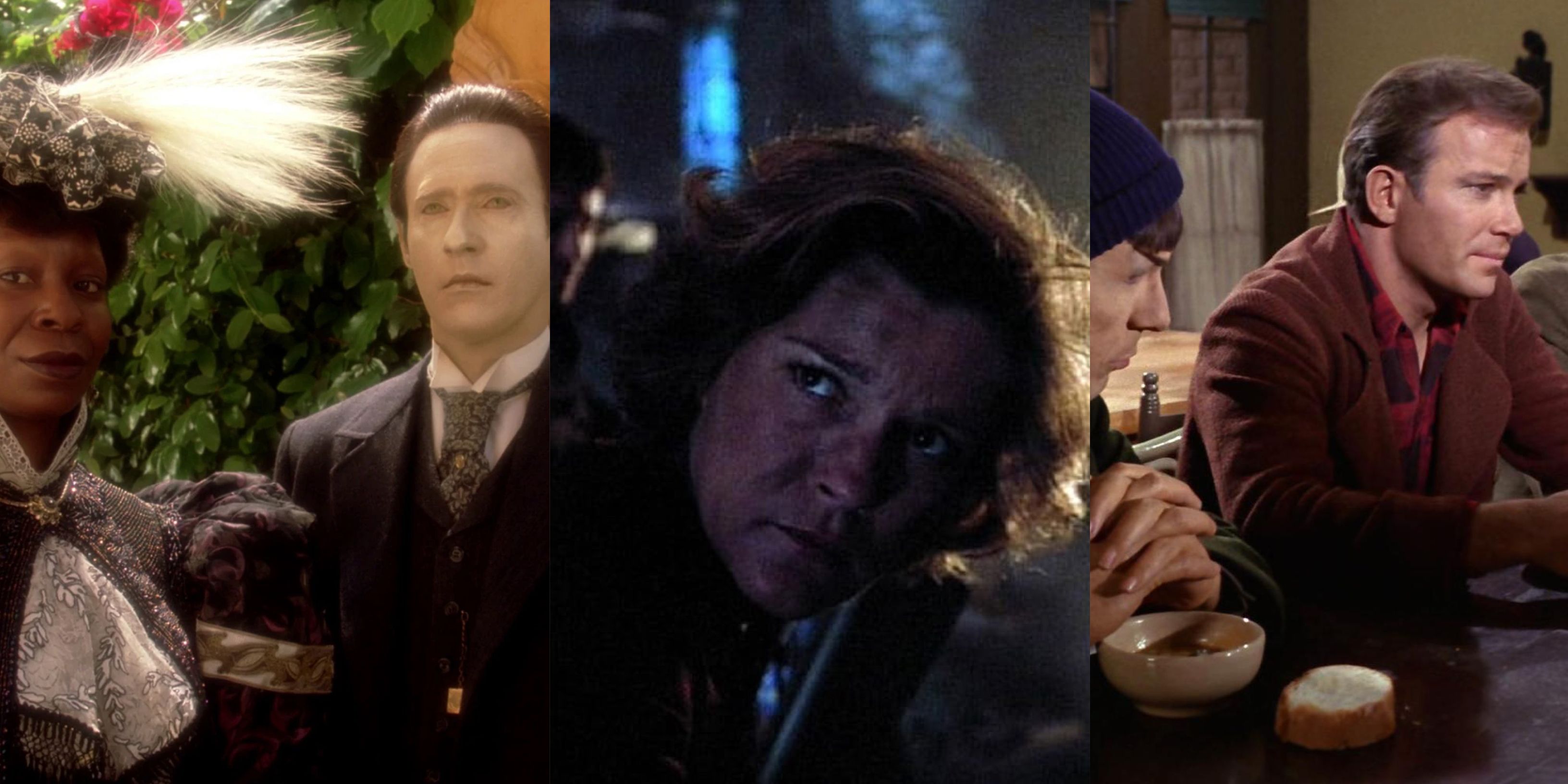
Related
Star Trek: Best Time Travel Episodes
The Star Trek franchise is no stranger to the concept of time travel. These are some of the best episodes that featured the trope.
The Origins of the Department of Temporal Investigations
It’s unclear when exactly the Federation created the Department of Temporal Investigations. The first episode to feature temporal investigators was “Trials and Tribble-ations,” in season five of Deep Space 9, establishing that the department existed in 2373. In 2259, an agent from the department told La’an Noonien-Singh that the Department of Temporal Investigations didn’t exist yet.
The Department of Temporal Investigations did have a file on Captain James T. Kirk, the Starfleet officer with the highest number of temporal incursions. This suggests the department could have been created in the mid-2260s, but they could have compiled their file on Kirk years after the incidents happened. So, the Department of Temporal Investigations must have been established in the late 23rd or early 24th century.
Devices allowing purposeful, accurate travel through time weren’t in common use until the 28th century. However, accidental time travel and the use of time-space anomalies to intentionally travel back in time was alarmingly common in the 22nd, 23rd, and 24th centuries. Because of the frequency of these incidents, the Federation decided to create the Department of Temporal Investigations. Their job was to gather information about trips back in time and assess whether the events that occurred during the incident could alter the Prime Timeline.
When changes to the past were consequential enough to significantly change the Prime Timeline, the Department of Temporal Investigations also organized missions to fix the timeline. For example, an agent from the Department of Temporal Investigations traveled back to 2022 to prevent the assassination of Khan Noonien-Singh. However, when his mission failed, he traveled to the Enterprise to force La’an Noonien-Singh to take over his mission. When she returned, she was greeted by an investigator from the department, who briefed her on the implications of her journey to the past.
The Temporal Integrity Commission
Time travel is weird, and continuity is not always a priority for Star Trek’s writers (which is fair, since there’s so much to remember). By the 29th century, a different organization was responsible for monitoring and resolving problems with the Prime Timeline.
At some point in the 29th century, the Federation created the Temporal Integrity Commission. It’s unclear whether this agency was an outgrowth of the Department of Temporal Investigations, or a completely different organization. Regardless, by the 29th century, the Department of Temporal Investigations no longer existed. Instead, the Temporal Integrity Commission dealt with all time travel incidents and changes to the Prime Timeline.
The former Department of Temporal Investigations focused on investigating time travel incidents and occasionally organizing missions to the past to fix the timeline. On the other hand, the Temporal Integrity Commission took a more proactive approach to preventing changes to the timeline. This agency frequently organized missions to travel back in time and stop certain events before they happened.
Temporal Agents
Star Trek: Enterprise introduced yet another iteration of the “Time Police” — temporal agents. These were agents from the 31st century tasked with enforcing the Temporal Accord. This treaty was signed by planets throughout the universe in the 28th century, when time travel devices were in common use. The Temporal Accord forbade the use of time travel technology to change the past, and established detailed protocols for time travel to prevent changes to the Prime Timeline.
Of course, some bad actors violated the Temporal Accord, and by the 30th century, the Federation was mired in the Temporal Wars. Even after these open conflicts were resolved, some throughout the galaxy continued to use time travel technology to mold history in their favor. This period of time was known as the Temporal Cold Wars, and temporal agents were responsible for monitoring changes to the timeline and traveling back in time to fix them.
It’s unclear which agency, if any, the temporal agents worked for. Though Agent Daniels, also known as Kovich, clearly worked for the Federation when he was traveling back to the Enterprise-NX01, he clarified that he was not a member of Starfleet. However, he did not clarify whether he worked for the Temporal Integrity Commission or a different organization.
The “Time Police”
To sum up the timeline of all these organizations:
- The Department of Temporal Investigations was created at some point in the late 23rd or early 24th century. It enforced temporal policy in the 24th century for sure, and maybe in the 23rd century as well.
- The Temporal Integrity Commission was created in the 29th century, and it fixed temporal incursions that occurred at any time in the past. This is evidenced by the fact that an agent from the Temporal Integrity Commission visited Voyager twice in the 24th century, even though the Department of Temporal Investigations existed contemporaneously and should have been responsible for those timeline issues. This implies that the long term effects of a time-travel incident may not impact the timeline until centuries later.
- Temporal Agents were appointed in the 31st century as a result of the Temporal Cold War. They also traveled back to any time period they needed to visit to keep the Prime Timeline on track.
All of these organizations became colloquially known within the Star Trek universe as the “Time Police.” In Star Trek: Lower Decks, Bradward Boimler was worried about a visit from the “Time Police” after a transporter accident created a transporter clone of him.
Will Boimler Get a Visit From the Time Police In Lower Decks?
In the current season of Lower Decks, Boimler is obsessed with becoming more like the alternate version of himself he met aboard the alternate universe Cerritos. To this end, he stole a PADD of alternate Boimler’s from the alternate universe, and he’s actively shaping his behavior around the information from the PADD. Though there’s no time travel involved in Boimler’s actions (yet), they do raise questions about whether changing his actions based on information from an alternate timeline is creating slight changes in his own timeline.
In the latest episode, “Gods and Angles,” Boimler mentions that the alternate Cerritos also engaged in peace talks between the photonic beings known only as the Spheres and the Cubes. He changes his actions during those events in his timeline based off the information he got from the PADD about how the alternate Boimler handled the same events in his universe.
Without knowledge of the future, it’s impossible to know whether Boimler’s changes to his own behavior will significantly impact the timeline, but they could. If the encounter with the alternate Cerritos wasn’t supposed to happen in the Prime Timeline, each little action Boimler is doing differently based on knowledge from the PADD could change the Prime Timeline. If that’s the case, Star Trek fans may see the “Time Police” in Lower Decks very soon.
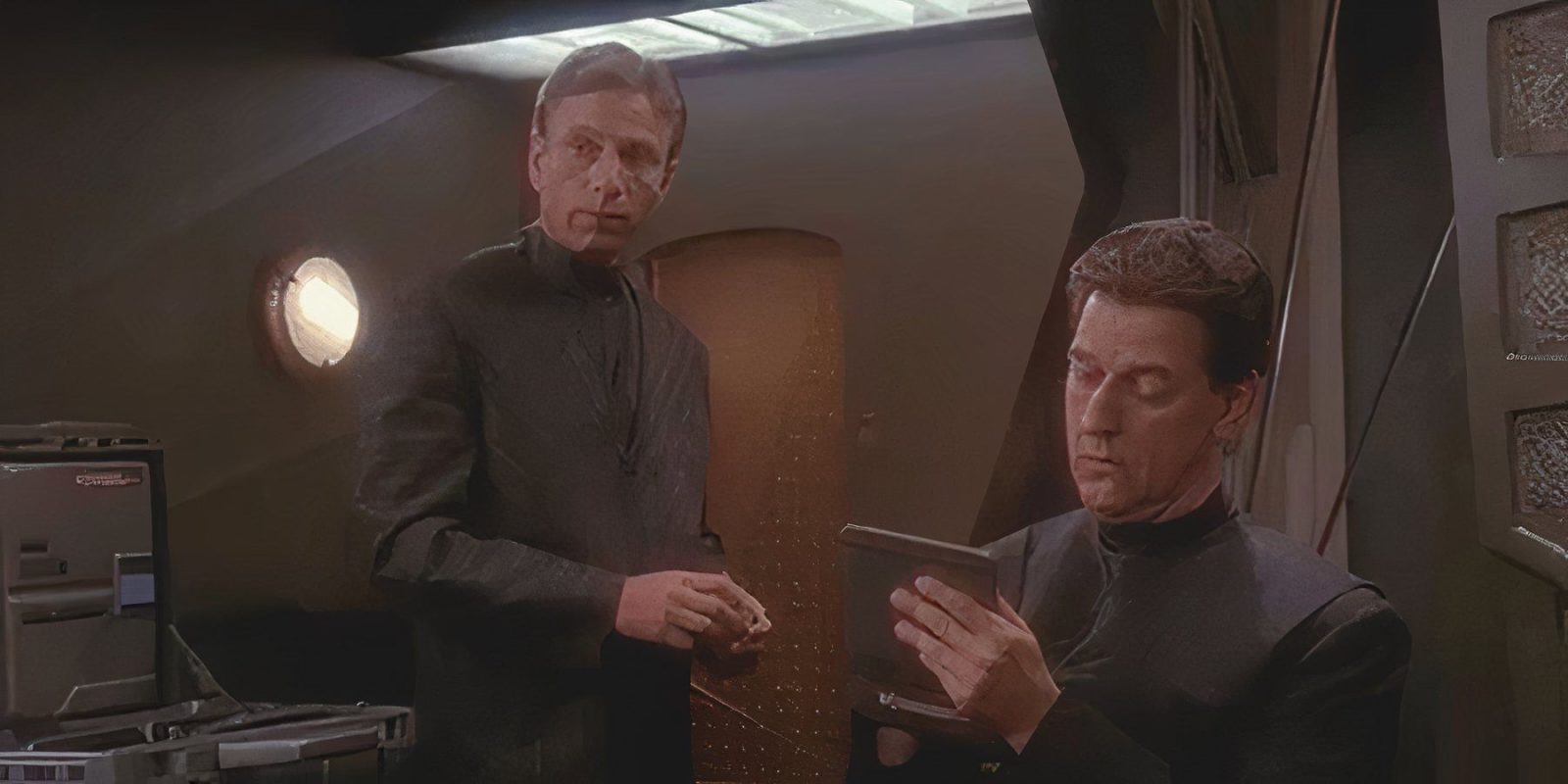
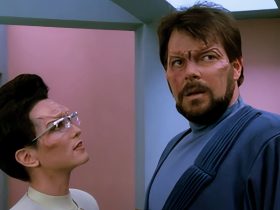
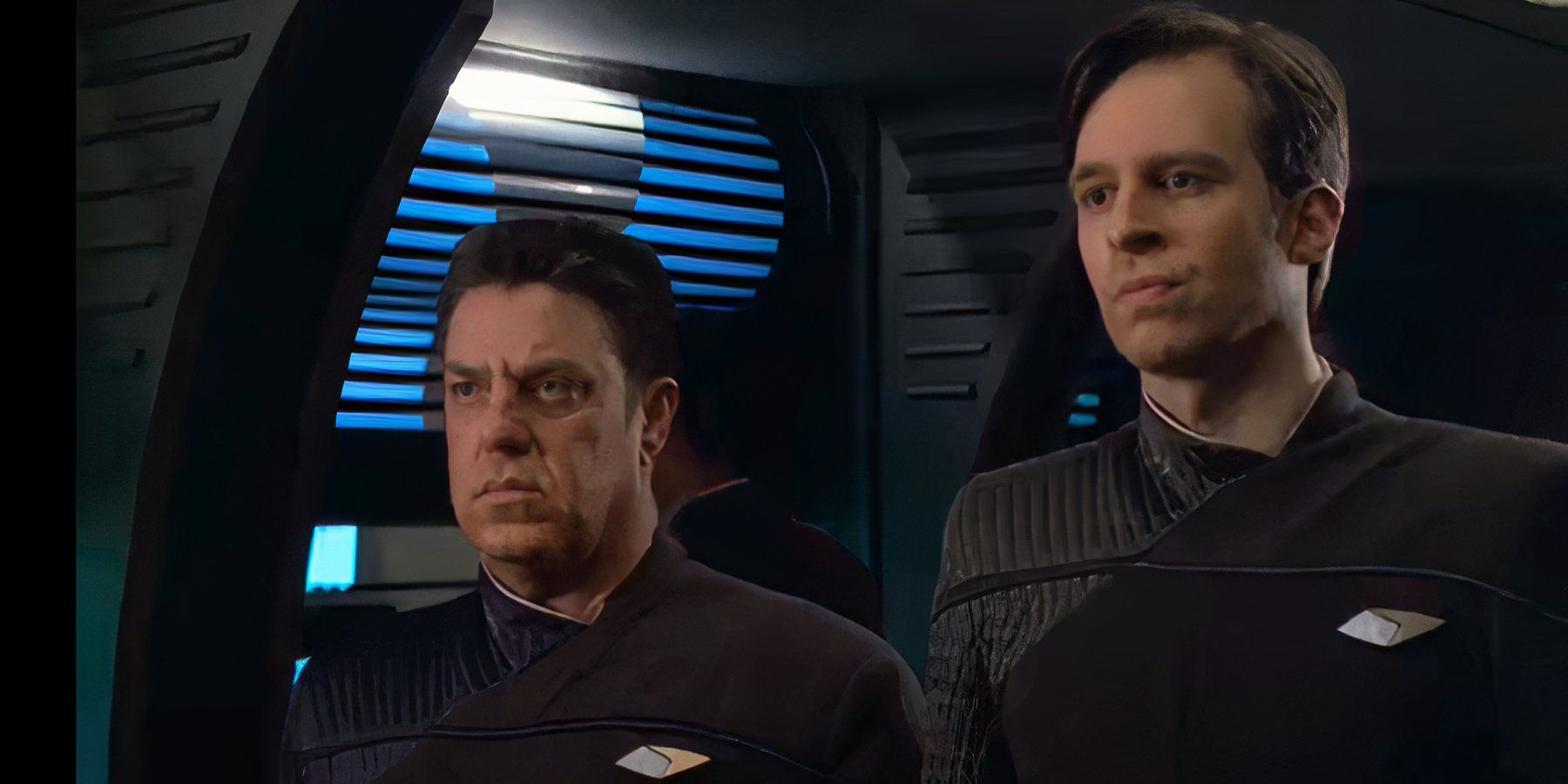
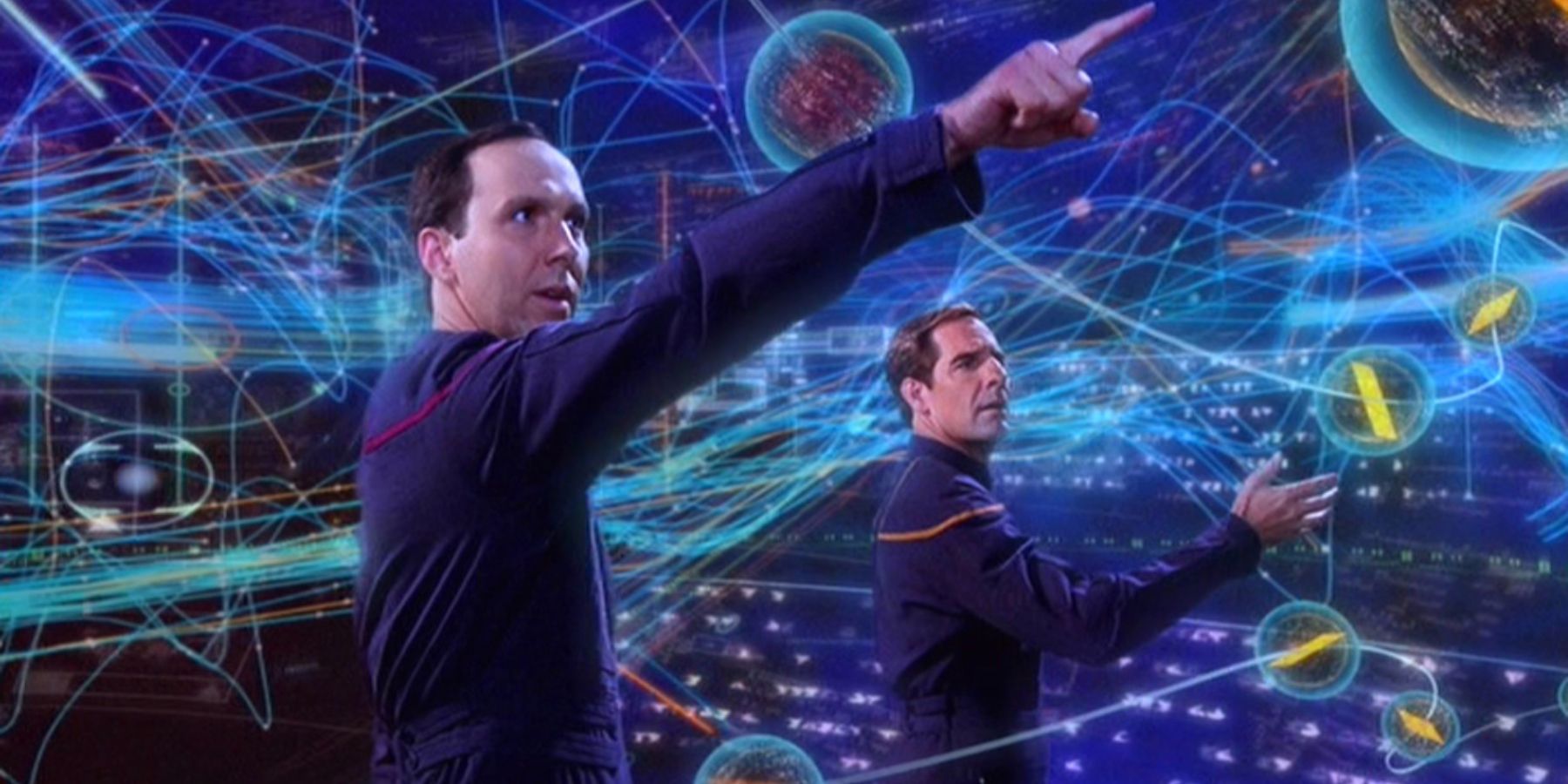
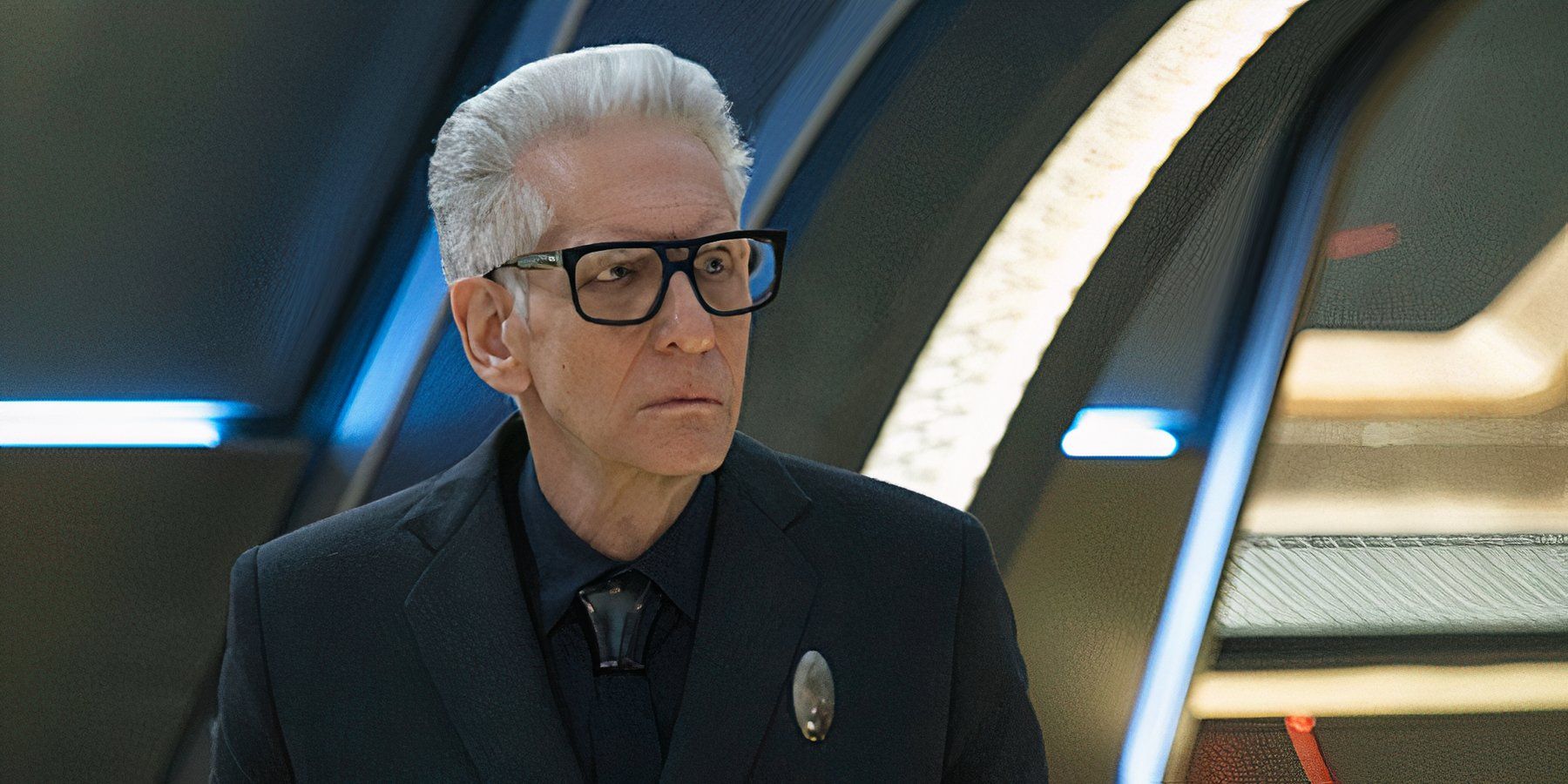





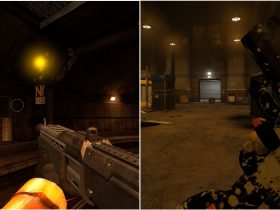

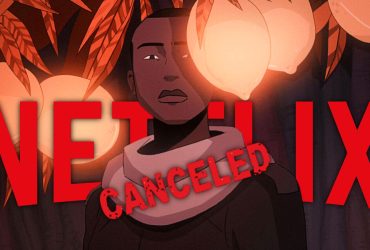



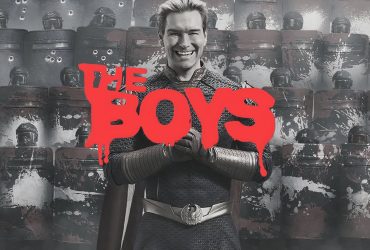
Leave a Reply